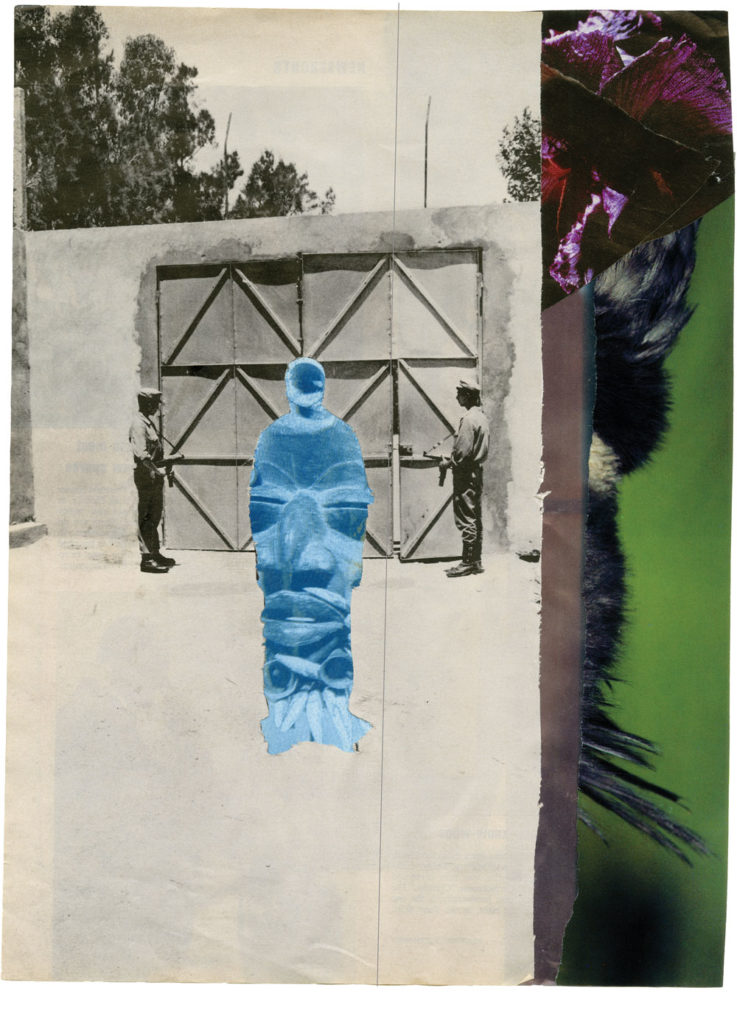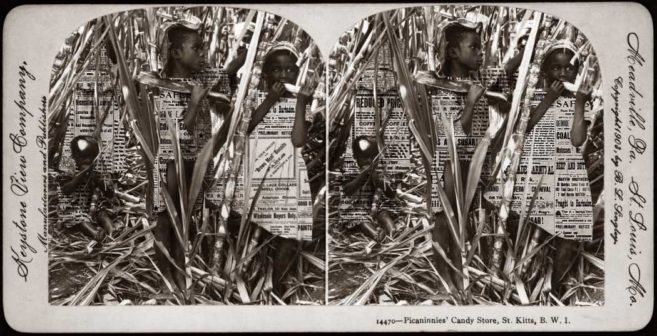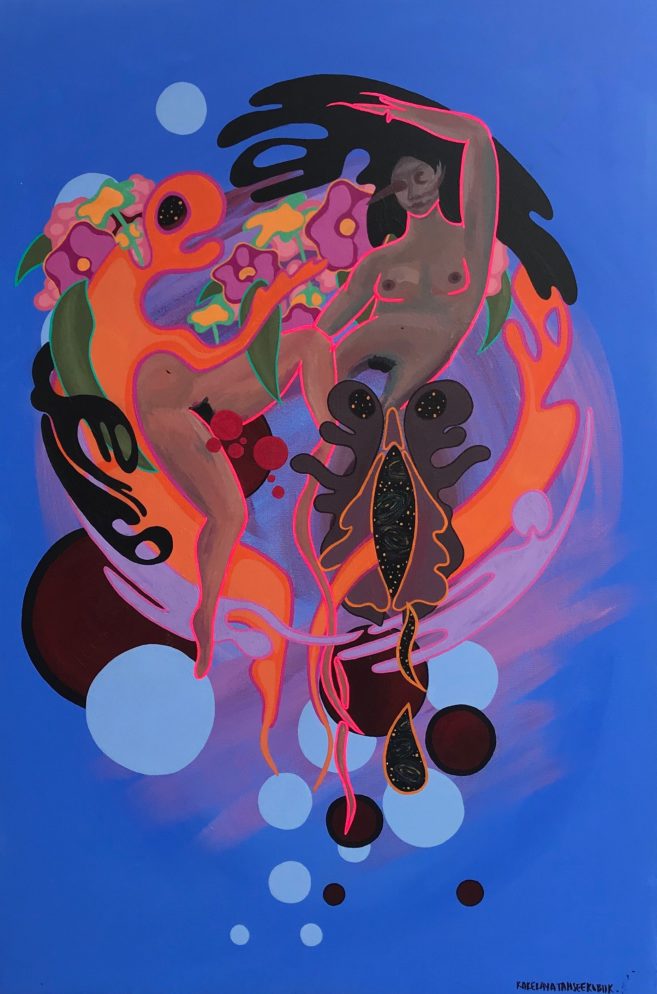documental blue the grey inside creates a population apart
from outside the oversight in a word prison
when prison is correctional the form of institution diminutive
detention centres, jails, penitentiaries and prisons still
as punishment stands in for welling healing steals the rights
and ancestors—attend there open swift
in the slangy french of her youth across a table
when closed is behind glass—some systems make a distinction
what is daily what was past all subterfuge, as inhumane is made
possible, ill making ill solitary gains surrealistic some systems make
distinctions imaginary—subverted in the presence of segregation
whiles the passive dogs await—a sense of motionlessness—a yard
that isn’t a yard dignified establishes country
by any means exhibitions the power of writing free voices inside
interiority of a determined will (logics fleshed to extend survival
against categories) administrative detention says this is
a non-punitive status for the removal, separate from general
frisked and stripped disciplined art and diminished chances
who, for a time, could only sit and stare her voice hard to hear
amid an economy of surveillance affronts correct and explaining
listen—the wren, a butterfly, the contestatory
against handheld determinants, will to visit the correctional
institution, over-determined maximum is further removal
an everyday place of solitary confinement involves single-cells
for twenty-three hours daily organism inmate
an hour out for exercise
morning is when it’s lighter if it is lighter—when food comes
to taste and slow means perfunctory hardy contemporary
kin, inner life, revolt against convention a system of classification
rather than actual behaviour separated by a partition with a door
sounding high water forms figurative—shadows—static fugues
drape and recede there is depth to arcades and the reach of soaring
towers—safety or security wants orderly operation of bodies
to be correctional prison protects a public from those
who are only ever a public, what makes private
disciplinary segregation a punitive status, contained bodies contain
history, art, a long discordance what cannot come through is felt
in a scattering of meaning anonymity murmurs, the poem is a score
separate is building, conceptual, kind of like a house—to trace one
has to put a backslash t\race for this fisty ion scanner smell of the
metallic detector your bag put through machines to look for barriers
to come through—we make our families

 Aaron Jones, Congo, 2016. Paper collage. 25.4 x 20.3 cm. Courtesy the artist.
Aaron Jones, Congo, 2016. Paper collage. 25.4 x 20.3 cm. Courtesy the artist.






